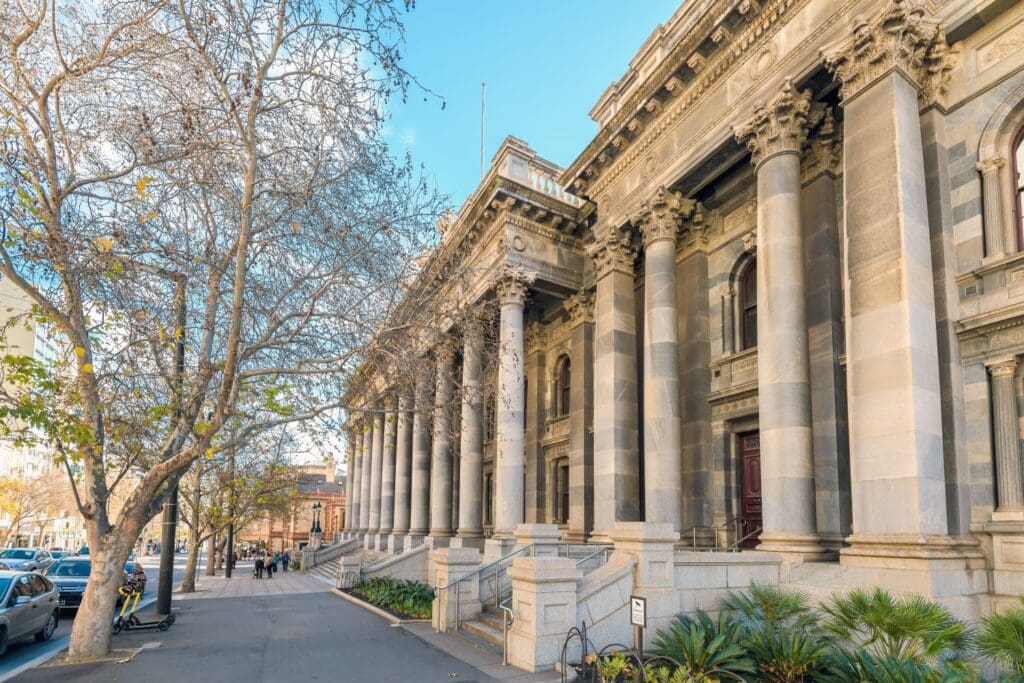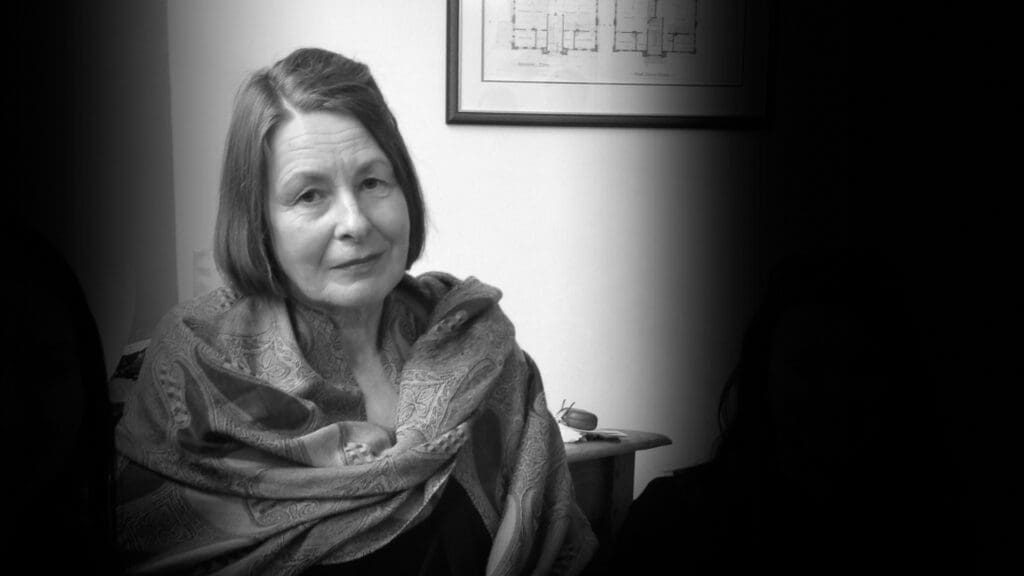Morrison government must urgently fix Covid voting fiasco
The Human Rights Law Centre is calling on the Morrison Government to urgently fix the regulations that stand in the way of tens of thousands of Australians with Covid-19 exercising their fundamental democratic right to vote.
The Commonwealth Electoral (Covid Enfranchisement) Regulations means that those who tested positive for Covid-19 between Sunday 15 May and 6pm Tuesday 17 May will be unable to vote by telephone at tomorrow’s federal election. Around 50,000 people a day are currently testing positive to Covid-19 across Australia. Some will have requested postal votes but they may not arrive in time.
Under the Commonwealth Electoral Act 1918, the Special Minister of State, Ben Morton, has the power to amend and reissue the regulations to enable Covid-affected Australians to vote via phone.
Hugh de Kretser, Executive Director at the Human Rights Law Centre, said:
“Covid-19 should not stand in the way of people exercising their right to vote. The Morrison government and the Australian Electoral Commission have had two years to prepare for this pandemic election. There is no excuse for preventing tens of thousands of Australians from voting.
“Everyone who is forced to isolate with Covid-19 on election day should be able to vote by phone. It makes no sense to allow phone voting for people who tested positive after Tuesday evening, but not before.
“The Morrison government can fix this right now, by reissuing the regulations with one line changed. There is a simple, easy fix that must be done immediately. Further delay will only cause more distress to the Australians with Covid-19 who might be unable to vote.
“The right to vote is at the heart of our democracy. This must be fixed today.”
Media Enquiries
Chandi Bates
Media and Communications Manager

Malinauskas Government must take historic opportunity and adopt Human Rights Act after inquiry recommendation
The Human Rights Law Centre has congratulated the South Australian parliamentary inquiry recommendation for a South Australian Human Rights Act.
Read more
Legal challenge filed against Tasmanian Parole Board’s decision to gag free speech
The Human Rights Law Centre has filed legal proceedings on behalf of Tasmanian grandmother, Susan Neill-Fraser, to challenge a restrictive parole condition placed on her by the Tasmanian Parole Board seeking to limit her ability to speak to the media.
Read more
University of Melbourne urged to drop repressive anti-protest and surveillance policies
The University of Melbourne is being urged to abandon policy changes that restrict staff and students’ right to protest and permit the widespread surveillance of people using their wifi network.
Read more


